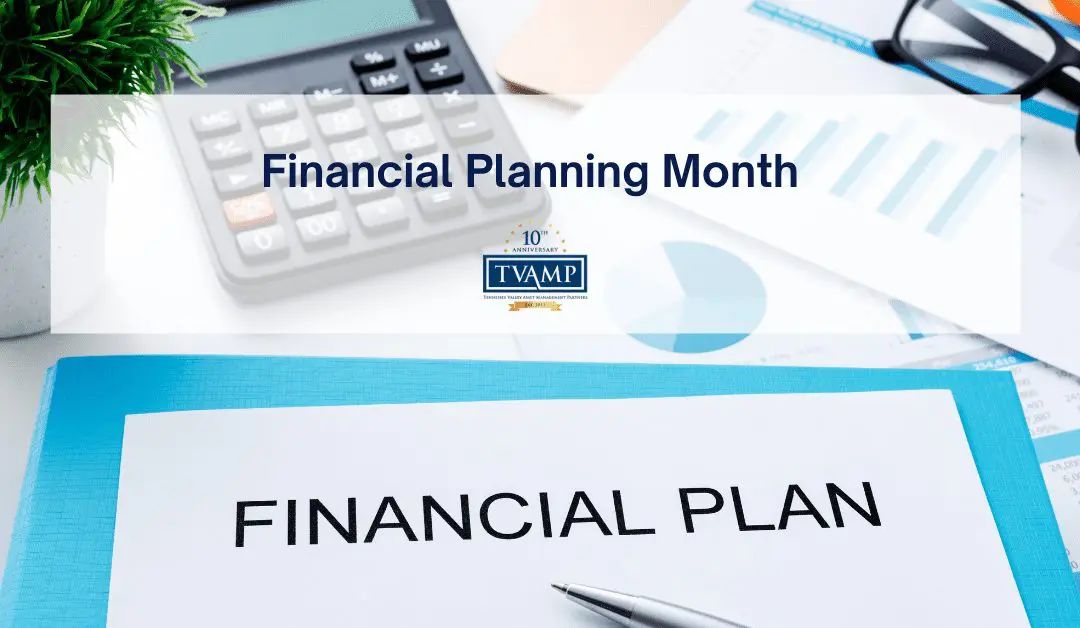Organization, efficiency and discipline can be considered as three primary steps of financial planning. Organization is knowing where your money comes and goes. An efficient portfolio means working towards a better chance of profits, and discipline can help keep you on the right track.
Statistics tell us that the average credit card debt per person – including all people who pay off their cards each month – is over $5,500. Many folks struggle to handle the big picture of their personal financial world.
If you are one of these folks, you can learn what the steps of financial planning are and even get started today, either on your own, using resources on the Internet, or by hiring a financial professional.
An important first step of financial planning is organization. You can work towards your financial goals in life by organizing your finances and understanding money flows, both inflows (like your paycheck) and outflows (bills).
If your financial life isn’t terribly complicated, an Excel spreadsheet may suit your needs perfectly. However, using something a little more sophisticated, such as Mint, Quicken or other online budgeting tools may become necessary, as you and your financial life continue to evolve.
There are a million ways to approach organization, but the “how?” may be nowhere near as important as “when?” In some cases, the answer to when you should start organizing is now.
Whatever method you choose, once you set up the system you can enter historic information as far back as 12 months (if you have it). This may require digging out the old bank, investment and credit card statements. It may not be as intimidating as it sounds. In today’s connected world, you might be able to simply download the transaction history from your bank, investment or credit card companies, and import it directly into your Mint or Quicken file. You still need to go through things, but much of the data entry may already be done for you.
If you don’t have the time, the facility or the patience to enter this historic information, don’t give up. Tracking your information from today forward can be valuable as well. Think about it: In a year, you’ll have 12 months’ worth of history in your system.
As you generate this history (or review the old history), patterns of your spending habits can emerge. Perhaps you spend much more on golfing than you realized, or maybe your home decorating expenses were greater than your mortgage payments over the last year. Each of these patterns can help you to understand where your money goes. Once you know that, you can begin to control it.
Quicken or Mint.com also organizes your investments, which takes us to the next step: efficiency.
If you have a couple of old 401(k)s from former employers, you can look at all investment accounts from a top-down perspective, using these tools. For many folks, it may be the first time you see all your investments in one place.
This is when you can adjust your allocation for a more comprehensive portfolio. You might think your investments were diverse enough but find that you bought the same investments in multiple accounts. Possible future allocations may include spreading your money across many different broad asset classes.
Now we’re into the place where the rubber meets the road. After you organize everything in an efficient manner, you should work on maintaining this organization over time. This may require some level of discipline.
You may need to balance your checkbook at the end of the month and keep your information up-to-date when you receive the credit card and investment statements. The automated tools can help a lot, but you might not want to just let it go on autopilot. You may decide to sort through the information to understand what’s going on with your cash flow and investments. You might need to change your spending habits or rebalance your investments if they get out of line.
But what takes the most discipline may be maintaining your investment allocation as planned when the market is very volatile. You might be tempted to pull out of the market after a big loss or start buying in when the market has a huge run-up. Keeping you disciplined is quite often the major benefit of having a financial professional, who can help you maintain the proper long-term perspective of your investment allocation and not let emotions rule the actions.
Important Disclosures
The opinions voiced in this material are for general information only and are not intended to provide specific advice or recommendations for any individual.
Investing involves risks including possible loss of principal. No investment strategy or risk management technique can guarantee return or eliminate risk in all market environments.
This article was prepared by AdviceIQ.

